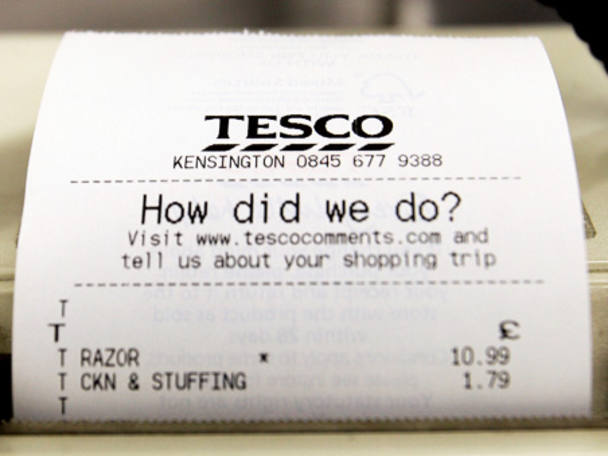If this week's damning report from groceries code adjudicator (GCA) Christine Tacon is anything to go by, the UK's largest supermarket chain, Tesco (TSCO), has a long way to go to rebuild trust with its investors. Ms Tacon ruled that Tesco had officially breached the legally binding code governing the grocery market by deliberately delaying payments to its suppliers in an attempt to boost profits. However, given that the breach occurred as far back as late 2014, and that the GCA has only had penalty rights since April 2013, Tesco will not be fined.
That doesn't mean the company has got off scot-free. Sarah Wilson, the chief executive of proxy voting agency and corporate governance research body Manifest, believes Tesco boss Dave Lewis faces a "mammoth job" to bring the group back into favour. When news of the scandal broke in 2014, "drastic" Dave fired four executives on the spot. But Ms Wilson doesn't believe this is enough, arguing that Mr Lewis will have to introduce "radical transparency initiatives" and "continuous improvement initiatives" to prove he has a zero-tolerance policy.
From the market's perspective, the GCA's ruling is of no consequence; in fact, Tesco's shares rose more than 1 per cent following the news. Tesco said it had made "material changes" to its business and "addressed the majority of the historic practices" mentioned in the report.
However, Andrew Ninian, director of corporate governance and engagement at The Investment Association, believes Tesco's operational performance will be under even closer scrutiny from the market. Mr Ninian's view is that the market and shareholders have a "lot of confidence" in the new board, but not the best way to rebuild trust will still be through stellar operational and financial reporting.
Questions remain over what power investors - both institutional and retail - really have to understand corporate governance policies at the companies they invest in. Retail investors who choose to invest via fund managers should take comfort in processes such as The Investment Association's Institutional Voting Information Service (IVIS), which produces summarised reports of key issues ahead of AGMs. It doesn't instruct shareholders which way to vote, but ranks the issues according to severity and presents all the information in one ratified document.








